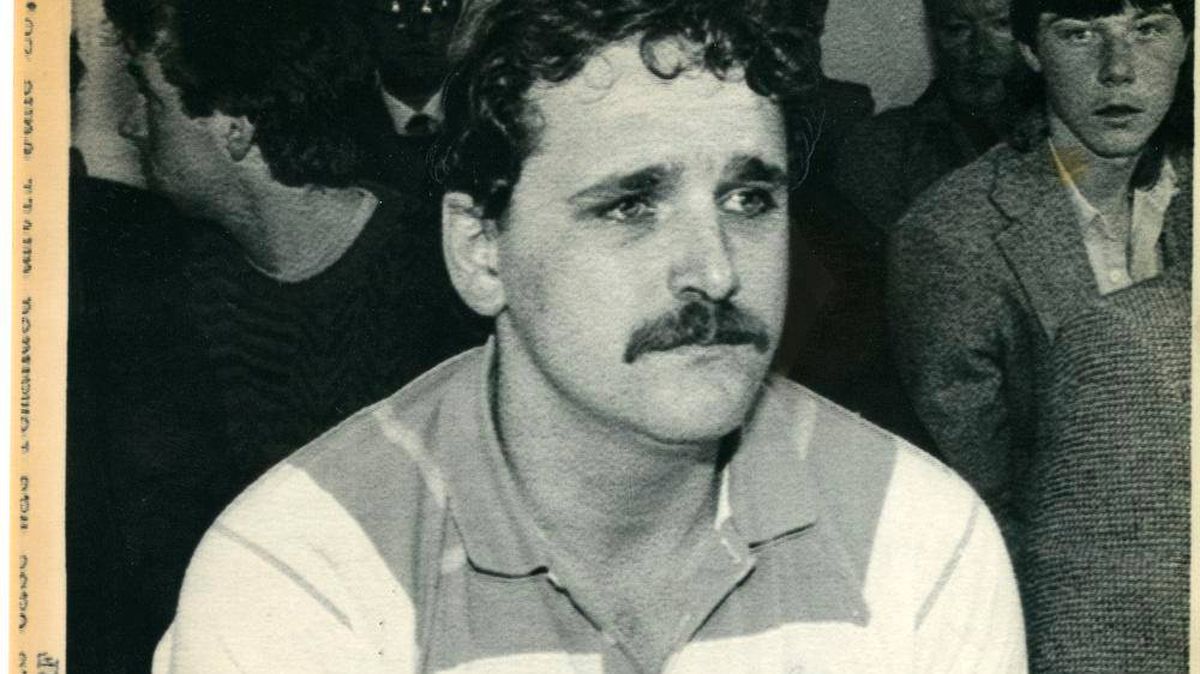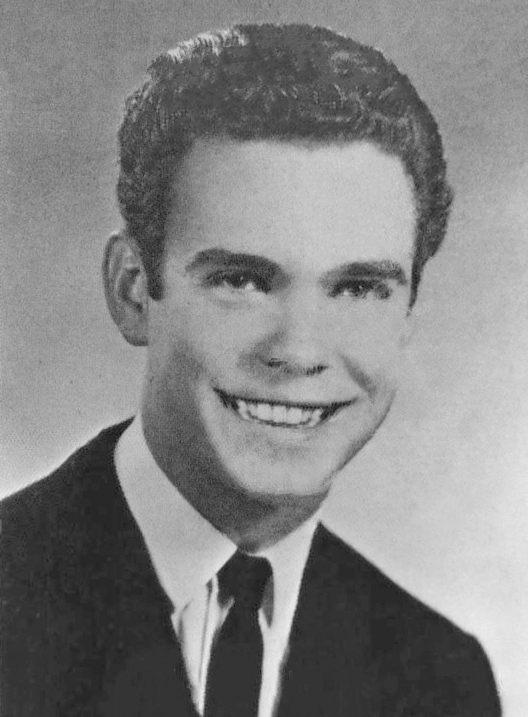A diva, a lieutenant, and a screw-up – secret agents from Hungary’s past

Probably one of the most thrilling and promising careers is the life of a secret agent. Although it looks cool in movies, it is not such welcoming in real life and many people become spies out of necessity. But the movies got one thing right; during the Cold War and before the regime change, there were at least as many spies running around the world as we see in the movies. The Soviets were spying on the Americans; the Americans were after the Soviets. The Soviet Union, for example, was happy to recruit Hungarian spies into its ranks and send them according to their interests. Now let us look at some Hungarian spies and their life.
István Rátkai and the sonar problem
According to Origo, István Rátkai, aka Stephen Joseph Ratkai, was recruited to be a spy by blackmailing him. He was born in Canada to a Hungarian father and a Canadian mother. At the age of five, he witnessed his mother shooting his half-brother and then killing herself. After the tragic incident, his father took him to Budapest, but Rátkai often returned to Canada. He lost his father to cancer at the age of 19. He decided after that he wanted to join the Canadian army, but he was not enlisted due to his physical unfitness. He was convinced that he was discriminated due to his Hungarian origins. A few years later, he became an agent spying for the Soviets, but his career was short-lived.

It was probably the Military Intelligence Service that trained Rátkai to become a professional, perfectly trained agent. There is no record of whom he submitted his information to, but it was suggested that he received military training. His final task was to gather information about the Sound Surveillance System (SOSUS) at a naval base off the coast of Argentina. Soldiers used this system to capture and decode the sonar signals of submarines. Today the technology is used to study the singing of whales.
Rátkai was given the task of obtaining super-secret information. The very existence of the system was a secret, so the job was especially difficult.
During his mission, Rátkai met Donna Geiger, who eventually ended his spy career a few years later. Rátkai believed she was ready to provide information to the Soviets, but the Canadians closely monitored his every move through her.
The Soviets believed that they were receiving valuable information from Rátkai, but Geiger gave counterfeit documents. In June 1988, at Hotel Newfoundland, she lured Rátkai into a trap. The pregnant Geiger – due to her condition – wanted to meet the Hungarian spy in a selected hotel room, instead of the previously arranged place. As the exchange of info and money took place, everything was recorded in the wired room, and Rátkai was captured. The man pleaded guilty to everything during his trial in ’89, and he was sentenced to 9 years in prison.
According to The Globe and Mail, he was released on parole and got a job as a bricklayer and became known as a chivalrous sweet-talker who cooked a mean goulash. In ’93 he went back to Budapest and he was never heard from again.
Ottó Attila Gilbert and János Szmolka, doubling the double
Attila Gilbert Ottó was also arrested when providing worthless information. The man defected to the US ’57 and lived here first with his wives and then with his mother. Gilbert wanted to buy information from János Mihály Szmolka, who was also of Hungarian origin, but he was an American citizen.
Ottó did not suspect that Szmolka was actually working for the Americans.

Szmolka was approached by military intelligence in ‘77 when he visited his sick mother in Hungary. Szmolka seemed to have accepted the offer but reported everything to the FBI. He was then approached by Lajos Perlaki, whom he met in Vienna in December 1979. Hundreds of thousands of dollars were promised for information provided on US armaments, military stations, and secret message decryptions. Szmolka accepted the assignment but reported every move to the US Secret Service.
The next time, Szmolka met Ottó – whom Perlaki was commanding – in Augusta. Perlaki First entrusted Ottó with seemingly innocent tasks; however, this drew the attention of the FBI, who watched him from the beginning.
Ottó wanted to exchange 4,000 dollars for encrypted documents. The FBI immediately swooped down on Ottó and sentenced the Hungarian agent to 15 years in prison for espionage.
Zoltán Szabó and the nuclear mines
Zoltán Szabó was a gold mine for the Soviets. He recruited someone who could have turned the tide of the Cold War. After ’56, Szabó defected to America, where he worked for ground forces. He later returned to Hungary, that was when the Soviets approached him, and he was partly trained in Hungary. Zoltán started in ’74, sending more and more important information by ’78.

NATO developed the W-7 nuclear mines by the ‘50s. It worked in a way that the physical crater left behind the explosion would prevent the Soviet tanks from getting through and they would not be able to escape the radiation-infected areas. In addition to dug-in mines, launchable and portable versions have also been developed. The new weapons were deployed in Italy and the FRG, as well as on the Korean Peninsula. Szabó managed to recruit Sergeant Clyde Lee Conrad. He and some of his fellow soldiers found out about the nuclear mines, where they were located and how they worked.
This information proved to be so important that it could have decided the fate of the Cold War.

István Belovai Source: Oroshaza.com 
Belovai István Source: Délmagyar.hu
For some reason, however, the Soviets waited. Lieutenant Colonel István Belovai grabbed the opportunity and informed the Americans. Belovai feared the outbreak of World War III and wanted to prevent it. Belovai did not know the full roster of names who took part in the operation, only the materials and pseudonyms handed over to him, so the Americans treated his information with much caution.
Counter-intelligence caught Belovai on July 10, 1985, in Budapest in District XI. He denied nothing and said that he wanted to prevent the outbreak of World War III. Zoltán Szabó was trialled in Austria in September 1989 and received a suspended prison sentence of only ten months. Conrad was arrested on January 8, 1988, and was sentenced to life in prison. Belovai was released on probation in September 1990.
After his release, he moved to the US, where he was hailed for helping the country compared to how the Soviets treated him.
Marika Rökk, the singing spy
One of Germany’s best-loved postwar actors has been exposed as a Soviet agent following the declassification of top-secret intelligence documents – The Guardian
According to Szeretlekmagyarország, Marika Rökk has been one of the most celebrated opera prima donnas in all of Europe from the ‘30s. She was born in Cairo in 1913 but spent her childhood in Budapest. She already became an international celebrity as a teenager; she performed at the Moulin Rouge in Paris, Vienna and on the Broadway in Manhattan. Her career soared during the Nazi era, bringing her national fame with the 1935 Leichte Kavallerie (Light Cavalry). Her most famous performance was probably the 1951 Csárdáskirálynő (Csárdás Queen). She appeared in nearly 40 films and died in 2004 in Baden, at the age of 90.

Marika was a member of the Krona agent network, which provided information for Moscow on top-level military matters like the preparations for the Battle of Kursk and Operation Barbarossa. The network consisted of political subordinates, bankers, military personnel, and senior officers. The organisation was led by the infamous Soviet agent Jan Csernyak, who was also half Hungarian. Because of his untraceable movements, he was called the “shadow-less man”.
According to documents, she had been working for the Soviet secret service since the ‘40s, but it is not known exactly what her job was. It was probably her manager, Heinz Hoffmeister, a Soviet intelligence agent who recruited the actress, who reported to the Soviets together with her husband, Georg Jacoby.
Marika was said to be one of Adolf Hitler’s favourite actresses what more, they even corresponded. Rumour has it that she even had an affair with the propaganda minister of the Third Reich, Joseph Göbbels. Her performance in the 1951 Csárdáskirálynő was her most famous after which she retired from acting.
Source: Origo.hu, Szeretlekmagyarország.hu, Theglobeandmail.com, Theguardian.com







